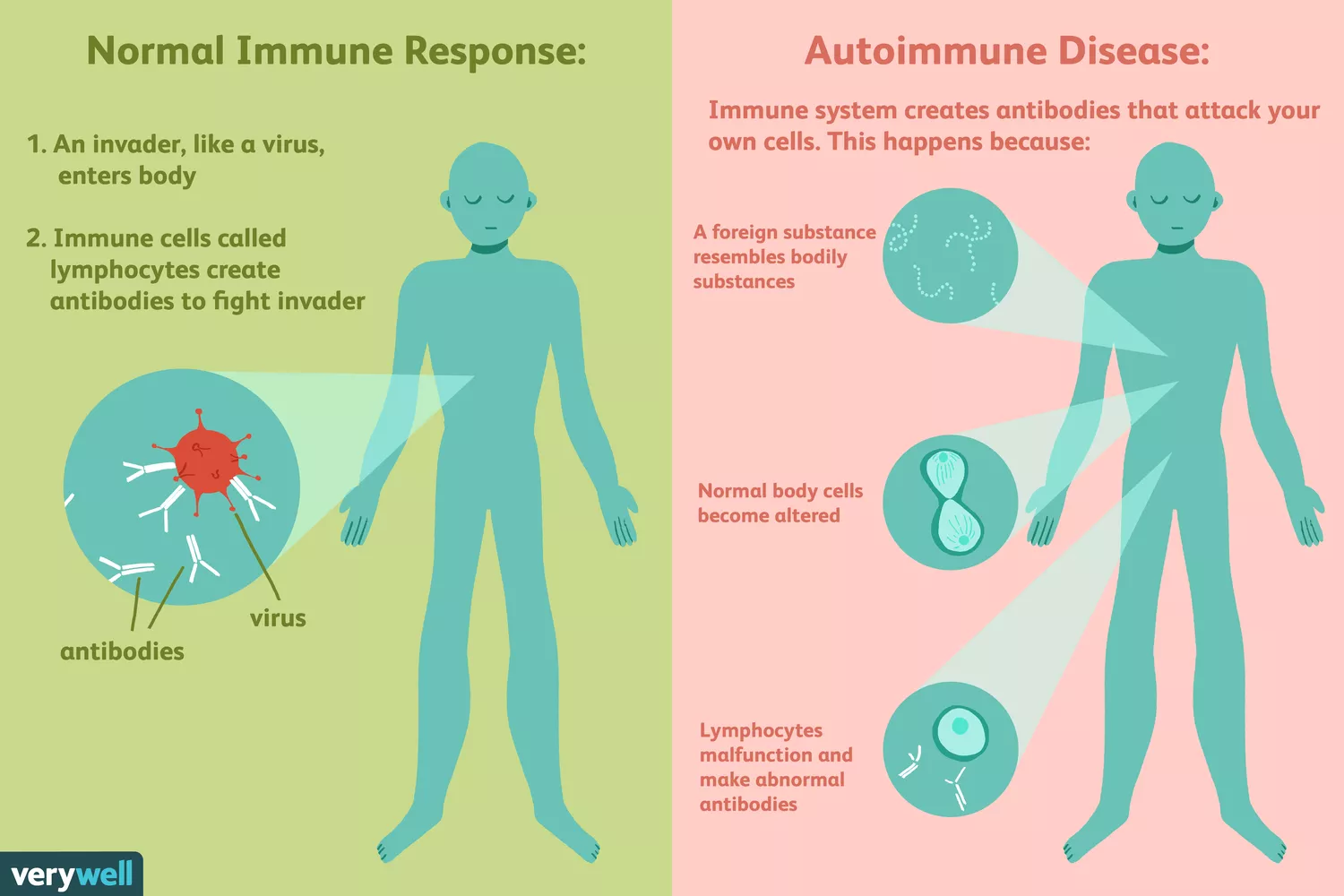
You’re always tired, even when you’ve slept well and done nothing strenuous
You wake up exhausted. Not sleepy—just drained. Like something inside keeps running. Fatigue is common. It’s not always anemia. Or stress. Sometimes, it’s your immune system using energy constantly. Even without a real threat. That kind of tired doesn’t nap away.
You get infections more often than others, and they take longer to go away
A cold becomes bronchitis. A cut takes weeks. You always seem to be recovering. That’s a red flag. Your immune system may be slow to react. Or overreacting so often that it forgets real threats. Recurring infections are how disorders begin to speak.
Your joints swell or ache, but you don’t remember hurting yourself
No fall. No twist. But your knees hurt. Your hands feel stiff. It comes and goes. This isn’t injury—it’s inflammation. Immune-driven. When the body mistakes its own tissues for invaders, pain appears without warning. No wound. Just confusion.
You get rashes that have no clear cause and don’t respond to creams
They appear randomly. On arms. Neck. Back. You try soothing gels. Nothing changes. Skin reacts first. It often reflects immune unrest. Some rashes signal lupus. Others point to vasculitis. In autoimmune disorders, your skin becomes a mirror.
Your mouth or eyes feel dry, even when you drink water all day
You sip constantly. Still dry. Your eyes itch. Mouth sticks. This can mean more than dehydration. Disorders like Sjögren’s target moisture-producing glands. You’re not imagining it. Your immune system may be slowly turning off hydration.
You’ve had digestive issues for years, but no diagnosis feels complete
You bloat. Cramp. Lose appetite. But your tests look fine. Or close to fine. Immune system disorders often settle in the gut. Crohn’s. Ulcerative colitis. Even celiac disease. You feel symptoms long before scopes find proof.
Your lymph nodes swell often, even when you’re not fighting infection
They bulge in your neck. Or underarms. Then shrink. Then return. It’s not always cancer. It’s not always flu. Your immune system might be stuck in alert mode. Disorders sometimes trigger unnecessary swelling as part of chronic low-grade inflammation.
You have unexplained fevers that rise and fall without pattern
They’re low. But persistent. No obvious cause. No sore throat. But your temperature flares. This is often overlooked. But immune disorders—especially in early stages—cause body temperature to shift as internal regulation breaks down.
You’ve lost weight without trying, and your appetite is still there
You’re eating. But still losing. Pants feel loose. Arms look thinner. Chronic inflammation can burn energy quietly. Your body spends calories on overreaction. Weight loss isn’t always from diet. Sometimes, it’s from defense turned excessive.
You bruise more easily than before, and cuts take longer to heal
You notice blue patches. On thighs. On arms. From small bumps. And scratches linger. The immune system affects clotting indirectly. When balance breaks, the skin tells stories before blood tests do. Healing slows. Marking becomes more frequent.
You get numbness or tingling in your fingers, even without pressure
They tingle. Fall asleep. Wake up slowly. You shake them. But sensation takes time. Neurological symptoms often come with immune disorders. Especially in diseases like multiple sclerosis or lupus. Nerves aren’t just electric—they’re also targets.
You feel lightheaded when standing, but your heart tests are normal
No heart disease. No dehydration. But still dizzy. This can signal immune dysfunction affecting the autonomic system. Blood pressure control shifts. You stand—and your body struggles to adjust. It’s a silent symptom. But very real.
You have cold hands and feet even in warm rooms
Everyone else is fine. You’re freezing. Not just chilly—numb. Blood flow may be disrupted. Raynaud’s phenomenon is a classic immune-related sign. Especially when fingers turn white, blue, then red. Circulation isn’t the issue. The immune system is.
You struggle with memory and focus, but it doesn’t feel like normal distraction
You lose words. Repeat questions. Forget why you entered a room. Brain fog appears in many immune disorders. Especially in chronic fatigue syndrome and lupus. It’s subtle. But frustrating. It’s not laziness. It’s inflammation at work in the brain.
